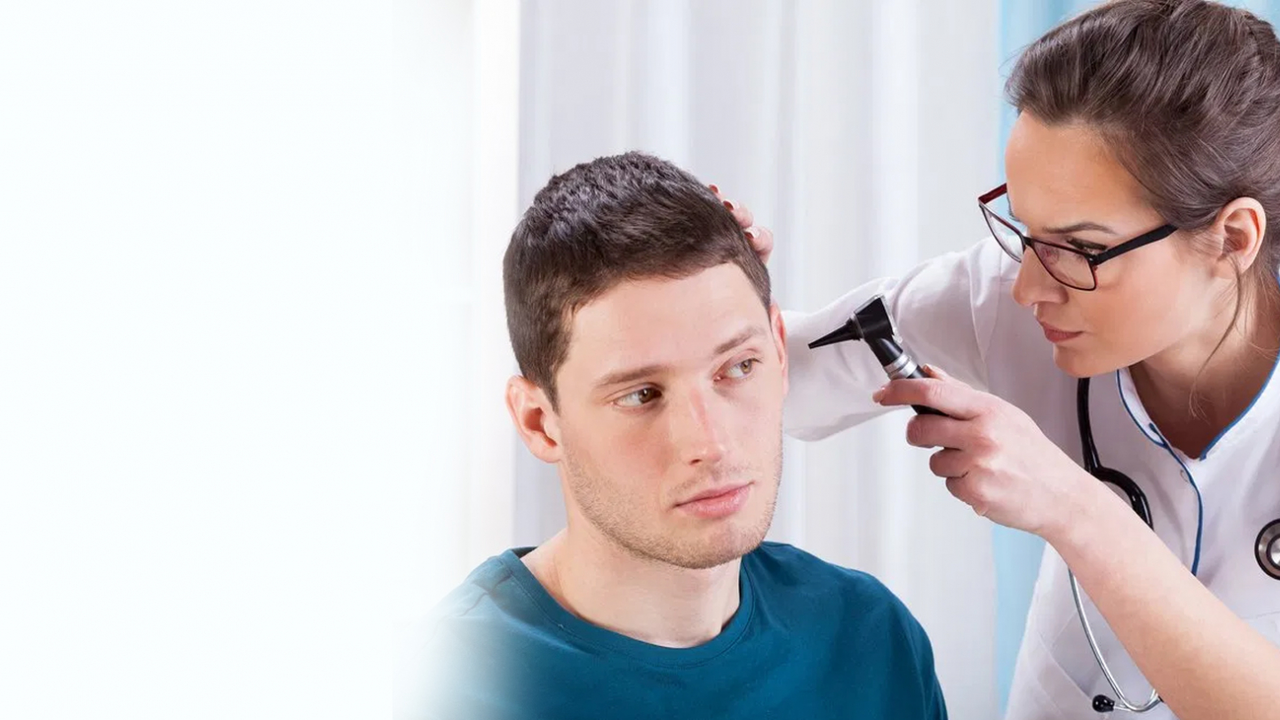Understanding Ear Canal Infections
As a blogger who often discusses health issues, I've come across a number of questions about ear canal infections. It's a common ailment that affects many people, and it can be quite painful and uncomfortable. An infection in the ear canal occurs when bacteria or fungi target the skin inside the ear. It could be due to swimming in contaminated water, excessive use of earbuds, or even a lack of proper hygiene. Symptoms typically include ear pain, itching, redness, and sometimes discharge.
Common Signs and Symptoms
Identifying the symptoms of an ear canal infection is the first step towards seeking medical attention. Common signs include a persistent itch in the ear, pain that intensifies when you tug on your earlobe, and a feeling of fullness or pressure in the ear. You may also notice a yellow or green discharge, diminished hearing, and in severe cases, fever. If you or your loved ones experience any of these symptoms, it might be time to consult a doctor.
When to Seek Medical Attention
While some ear infections can resolve on their own, others require medical intervention. It's important to know when it's time to seek professional help. If your symptoms persist for more than a week, or if they're accompanied by severe pain, high fever, or swelling around the ear, you should see a doctor immediately. Your health should always be your top priority, and delaying treatment could lead to further complications.
Critical Cases: When to Act Immediately
There are certain situations when immediate medical attention is required for an ear canal infection. If you experience severe pain that suddenly stops, this could indicate a ruptured eardrum - a serious condition that requires immediate treatment. If you have symptoms of severe infection like high fever, severe headache, swelling behind the ear, or symptoms of facial paralysis, don't delay in seeking help.
Evaluating the Risk Factors
Understanding the risk factors can help prevent ear canal infections. Prolonged moisture in the ear, use of certain medications, skin allergies, and having a narrow ear canal can all increase the risk of an infection. People with eczema, or those who regularly swim or use hearing aids or earplugs are also at a higher risk. It's important to be aware of these risks and take necessary precautions to avoid infections.
Preventing Ear Canal Infections
Prevention is always better than cure, and the same applies to ear canal infections. There are several steps you can take to prevent infections. Keep your ears dry, especially after swimming or bathing. Avoid putting foreign objects in your ear, including cotton swabs and earplugs. Regularly clean your earphones and hearing aids, and treat skin conditions that may increase your risk of infection.
Diagnosis and Treatment
Once you see a doctor for your symptoms, they'll likely conduct a physical examination and may take a sample of any discharge for testing. The treatment for an ear canal infection often involves medication to kill the bacteria or fungi causing the infection. Your doctor may prescribe ear drops, oral antibiotics, or even pain relievers. In severe cases, you might need a procedure to drain the ear.
Living with Ear Canal Infections: A Personal Journey
Living with recurring ear canal infections can be challenging, but with the right care and attention, it's manageable. In my personal journey, I've learned the importance of staying vigilant about symptoms, seeking timely medical help, and taking preventive measures seriously. I hope that by sharing my experience, I can help others navigate their way through ear canal infections.


sarah basarya
June 27, 2023 AT 20:58OMG I thought my ear was gonna fall off last week-turned out it was just swimmer’s ear. Don’t be like me and wait 3 days to see a doc. I cried in the CVS parking lot.
Samantha Taylor
June 27, 2023 AT 21:01Of course you didn’t mention that 90% of these ‘infections’ are just moisture retention in people who refuse to dry their ears properly. You’re not a doctor, you’re a glorified YouTube ad.
Joe Langner
June 27, 2023 AT 21:05i just wanna say that ear infections suck but we’re all just trying to figure it out. i used to stick q-tips in there like a caveman until i learned the hard way. now i use a hairdryer on low. small wins, right?
Ben Dover
June 27, 2023 AT 21:11The article exhibits a distressing lack of clinical precision. No mention of Pseudomonas aeruginosa as the primary pathogen in otitis externa? No reference to the 2018 Cochrane review on topical vs. systemic antibiotics? This is content for the intellectually lazy.
Katherine Brown
June 27, 2023 AT 21:18I appreciate the thoughtful structure of this post. It is rare to encounter such a well-organized and empathetic guide to a condition that is often dismissed as trivial. Thank you for elevating the discourse.
Ben Durham
June 27, 2023 AT 21:30In Canada, we call it 'swimmer's ear' too-but we also have public health posters in every pool. Maybe if more people knew the simple rule-dry, don't probe-it’d be less common. Just a thought.
Tony Stolfa
June 27, 2023 AT 21:43bro why are you writing a whole essay on this? just go to urgent care. they give you drops in 10 minutes. stop overcomplicating everything.
Carolyn Cameron
June 27, 2023 AT 21:56While the article provides a general overview, it conspicuously omits the critical distinction between otitis externa and otitis media, a fundamental diagnostic dichotomy in otolaryngology. Furthermore, the recommendation to avoid cotton swabs is both trite and insufficiently evidence-based; the American Academy of Otolaryngology explicitly permits the use of soft-tipped applicators under controlled conditions. This piece, though well-intentioned, borders on medical populism.
Joy Dua
June 27, 2023 AT 22:08You call this prevention? You're just telling people to be afraid of their own ears. Meanwhile, the real villain is the medical-industrial complex that profits from fear and unnecessary prescriptions. You didn't mention that most ear drops are just alcohol and vinegar anyway. You're selling anxiety wrapped in cotton.